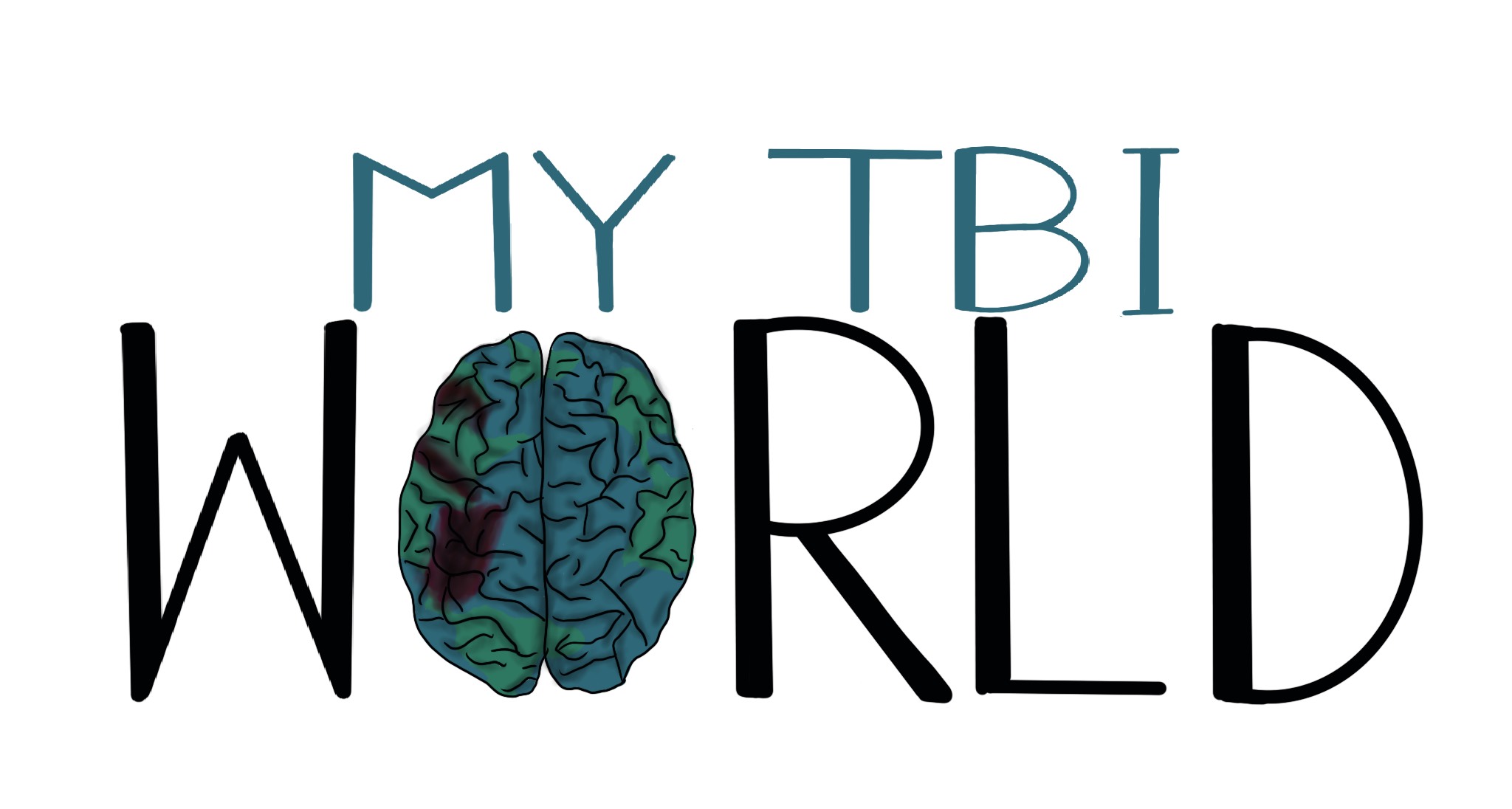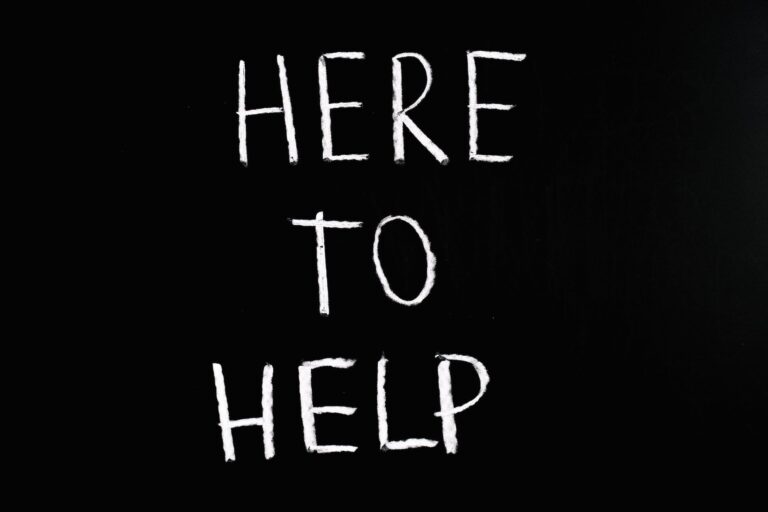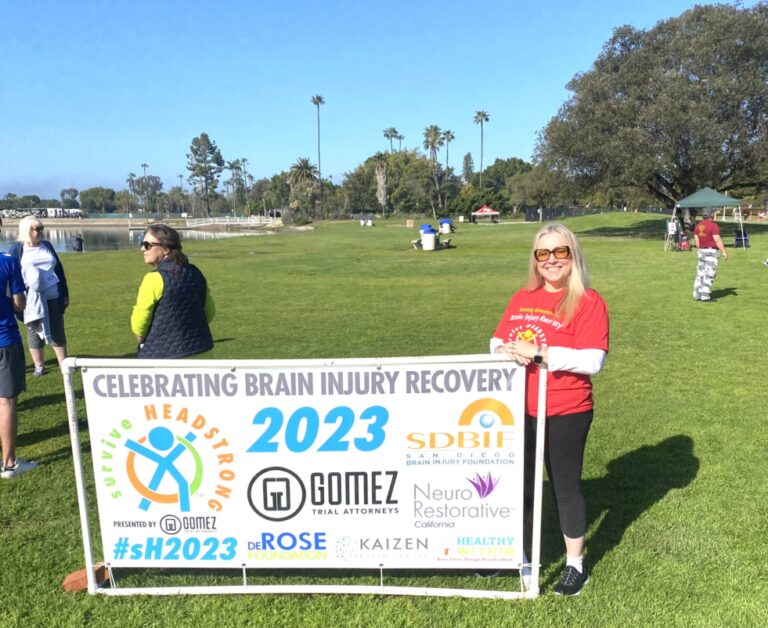The Beginners Guide After a Traumatic Brain Injury
What should you expect when returning home after a TBI?
My brain injury occurred in 2018 after slipping on melted ice in my kitchen. Little did I know how drastically my life would change. Because sustaining a brain injury is unique, my guess is you won’t have much prior knowledge about TBI. I am sure you won’t have a plan in place for how to navigate your new “normal” after your injury. You and your family will experience many challenges and changes when you return home. This blog post provides insight into what to expect and how to prepare.
Why is learning about post-TBI life important?
It is estimated that over 69 million people will experience a TBI by 2030. TBI can result in a wide range of physical, cognitive, and emotional symptoms that can significantly impact daily life. Understanding how to manage the transition home after a TBI is critical to successful recovery.
One common misconception is that the recovery process is over once the patient is discharged. However, recovery after a TBI is a long-term process that may take several months or even years. Another misconception is that only physical symptoms are associated with TBI. Still, the injury can also cause cognitive and emotional challenges that can impact a person’s daily life.
When I returned home after a ten-day stay in the ICU, my family and I had no idea where to even begin to handle our new lives. We were scared, frustrated, and filled with worry. We quickly discovered that finding answers was incredibly challenging. I recommend addressing immediate needs first. Recovering from a brain injury is a very personal and unique experience. I hope these tips will help you find some peace and healing.
What to expect when you return home after your TBI
Returning home after a traumatic brain injury (TBI) can be an overwhelming experience for both the patient and their family. People with TBIs may deal with various physical, cognitive, and emotional changes. Depending on the severity of the injury, they may experience difficulties with memory, attention, communication, mobility, and daily activities. Feeling overwhelmed, frustrated, and anxious is expected while adjusting to the new normal. There will be numerous appointments, phone calls, pharmacy trips, and routines to juggle. Concentrate on only the tasks that must be completed each day to make the transition as smooth as possible.
Tips for success in the early days of recovery.
- Create a structured routine to establish a sense of normalcy.
- Monitor symptoms closely and report any changes to the medical team.
- Stay organized by keeping track of appointments, medications, and other important information.
- Engage in activities that promote physical, cognitive, and emotional recovery.
- Fuel your brain with nutritious, whole foods.
- Seek support from family, friends, or a professional counselor if needed.
Frequently Asked Questions
The last thing you need to know about coming home after a traumatic brain injury
Coming home after a traumatic brain injury can be a daunting experience. With proper planning and support, it can be a successful transition. It is crucial to understand that recovery is a long-term process that requires patience, perseverance, and a team effort from the survivor, their family, and healthcare professionals. Begin by developing a care plan and maintaining regular communication with the medical team. Education and awareness about TBI and its associated challenges are critical to improving outcomes and reducing the frustration, anxiety, and fear experienced by many TBI survivors and their caretakers.





